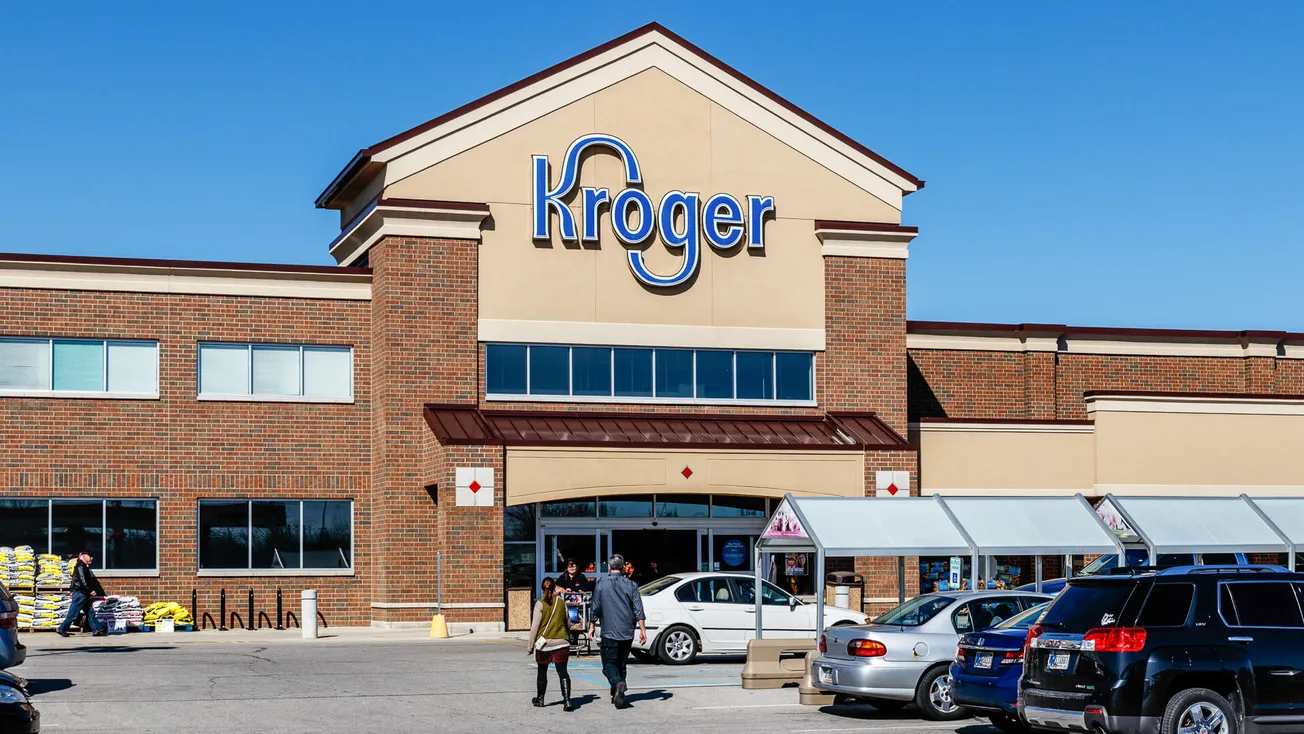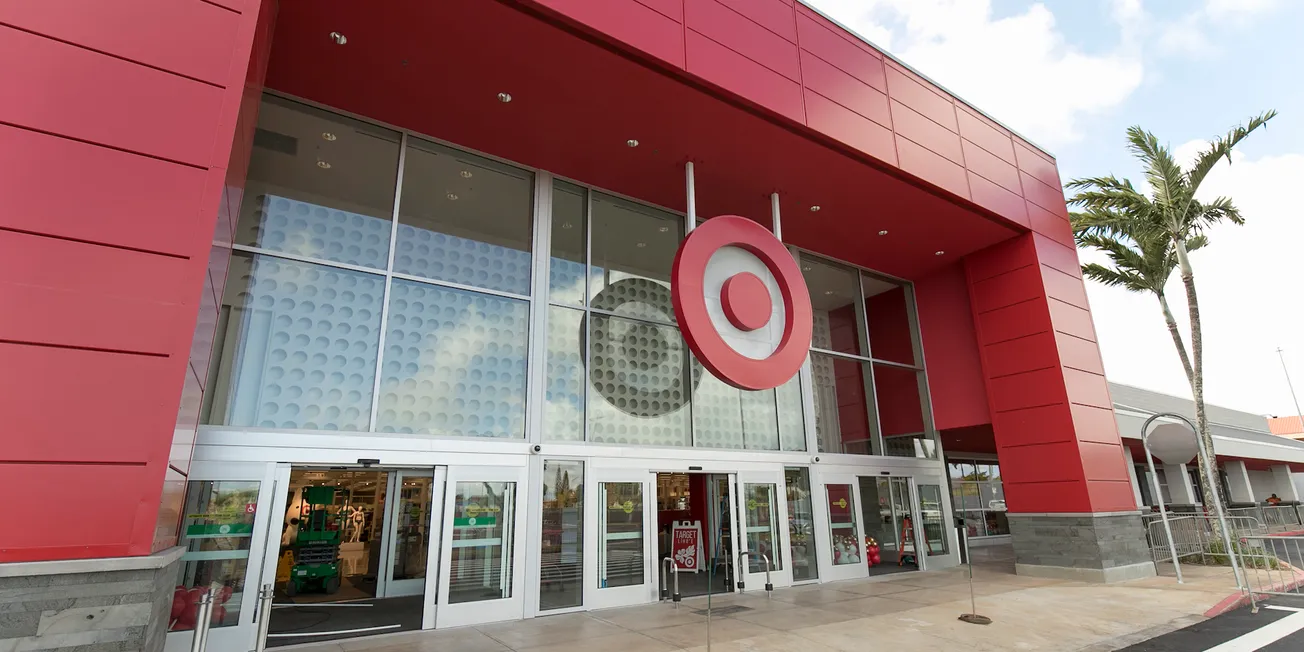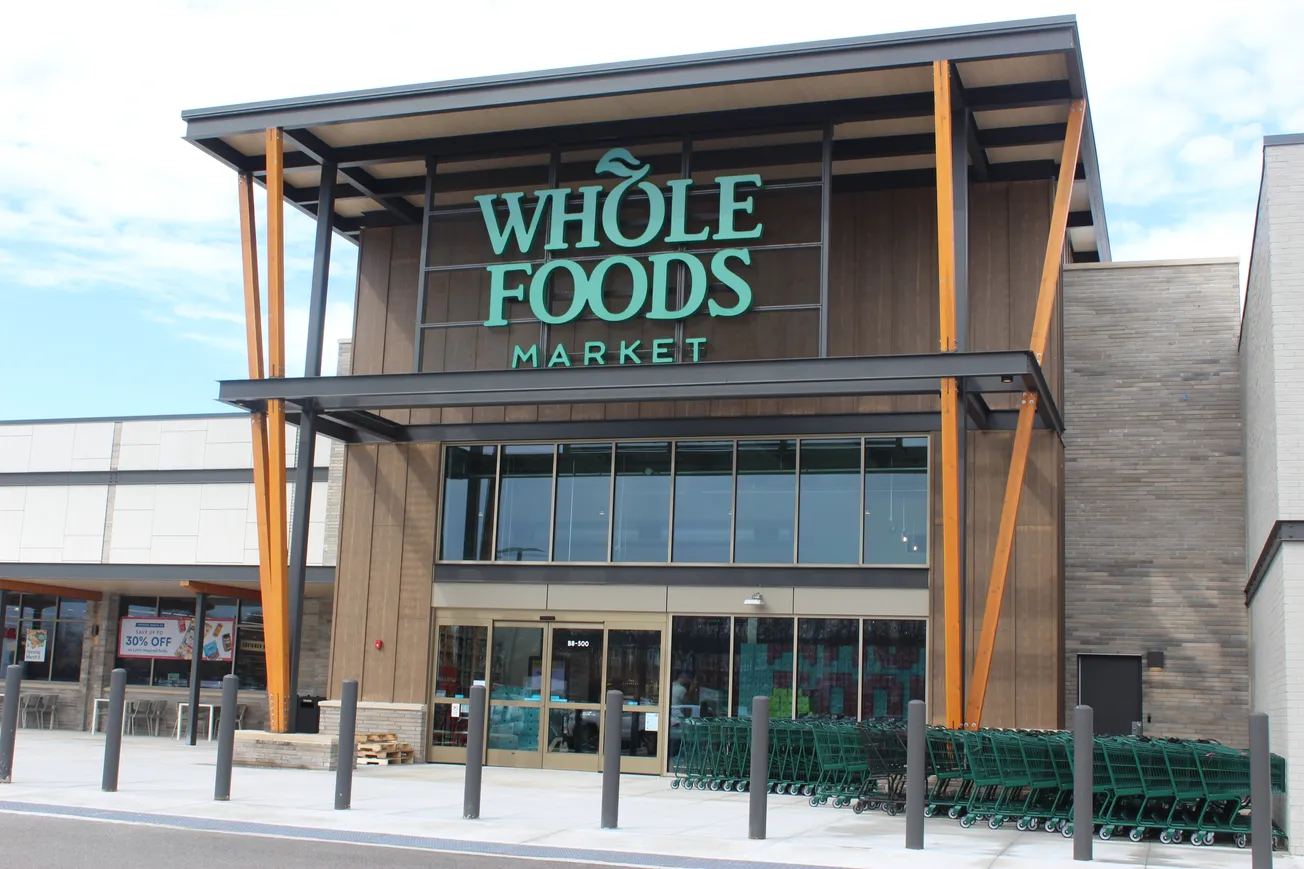PORTLAND, Ore. – In a landmark antitrust ruling on Tuesday, U.S. District Judge Adrienne Nelson temporarily blocked the proposed $25 billion merger between grocery giants Kroger and Albertsons, siding with the FTC. The decision halts what would have been the largest grocery store merger in U.S. history, raising significant questions about the deal's future.
The preliminary injunction came after a three-week trial in Portland, Oregon, during which top executives, economic experts, and union representatives testified. Judge Nelson concluded that the merger would likely eliminate direct competition between the two largest traditional grocery chains, potentially leading to higher consumer prices and reduced bargaining power for unionized workers.
"The merger was likely to remove direct competition between the two grocers, making it unlawful," Nelson wrote in her ruling. The decision effectively halts the merger as the companies also face related lawsuits filed by attorneys general from ten states and the District of Columbia.

The FTC argued that combining Kroger and Albertsons would stifle competition, drive up grocery prices, and harm consumers and workers. "This ruling protects competition in the grocery market, preventing prices from rising even more," FTC spokesperson Douglas Farrar said.
The agency also raised concerns about a proposed divestiture of 579 stores to C&S Wholesale Grocers, arguing that C&S lacked the resources to manage such a large-scale operation. Judge Nelson agreed, stating that the divestiture was insufficient to ensure competition and calling it "not adequate in scale."
Kroger and Albertsons countered that the merger would lower prices by leveraging cost savings and creating a more efficient operation. They maintained that Albertsons' prices were 10-12% higher than Kroger's and that the deal would allow for price cuts and expanded services.
The companies also argued that the merger was necessary to compete with larger, non-union retailers like Walmart, Amazon, and Costco and discount chains like Aldi. "This would accelerate our position as a more compelling alternative to larger and non-union competitors," Kroger CEO Rodney McMullen said when announcing the deal in 2022.
The case has drawn intense scrutiny from lawmakers and labor unions, which have long opposed the merger due to concerns over potential job losses and reduced wages. For now, the future of the Kroger-Albertsons merger remains uncertain. Legal battles are likely to continue in state and federal courts.
Statement from Krogers:
“Through its proposed merger with Albertsons, Kroger would invest more than $1 billion in lower grocery prices, invest an additional $1 billion in higher grocery worker wages, and invest an additional $1.3 billion to improve Albertsons stores. Kroger is disappointed in the opinions issued by the U.S. District Court for the District of Oregon and the Washington State Court, which overlook the substantial evidence presented at trial showing that a merger between Kroger and Albertsons would advance the company’s decades-long commitment to lowering prices, respecting collective bargaining agreements, and is in the best interests of customers, associates, and the broader competitive environment in a rapidly evolving grocery landscape. The Company is currently reviewing its options.”







